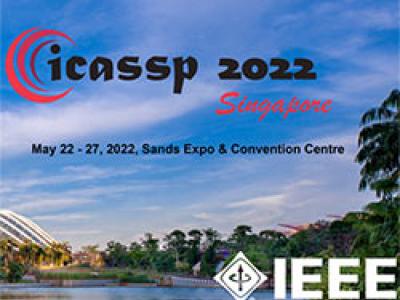
- Read more about ADAPTIVE ATTENTION GRAPH CAPSULE NETWORK
- Log in to post comments
From the perspective of the spatial domain, Graph Convolutional Network (GCN) is essentially a process of iteratively aggregating neighbor nodes. However, the existing GCNs using simple average or sum aggregation may neglect the characteristics of each node and the topology between nodes, resulting in a large amount of early-stage information lost during the graph convolution step. To tackle the above challenge, we innovatively propose an adaptive attention graph capsule network, named AA-GCN, for graph classification.
- Categories:
 12 Views
12 Views
- Read more about ADAPTIVE ATTENTION GRAPH CAPSULE NETWORK
- Log in to post comments
From the perspective of the spatial domain, Graph Convolutional Network (GCN) is essentially a process of iteratively aggregating neighbor nodes. However, the existing GCNs using simple average or sum aggregation may neglect the characteristics of each node and the topology between nodes, resulting in a large amount of early-stage information lost during the graph convolution step. To tackle the above challenge, we innovatively propose an adaptive attention graph capsule network, named AA-GCN, for graph classification.
- Categories:
 12 Views
12 Views
- Read more about Improving Dynamic Graph Convolutional Network with Fine-grained Attention Mechanism
- Log in to post comments
Graph convolutional network (GCN) is a novel framework that utilizes a pre-defined Laplacian matrix to learn graph data effectively. With its powerful nonlinear fitting ability, GCN can produce high-quality node embedding. However, generalized GCN can only handle static graphs, whereas a large number of graphs are dynamic and evolve over time, which limits the application field of GCN. Facing the challenge, GCN with recurrent neural network (e.g., RNN) is naturally combined to acquire dynamic graph changes through joint training.
- Categories:
 12 Views
12 Views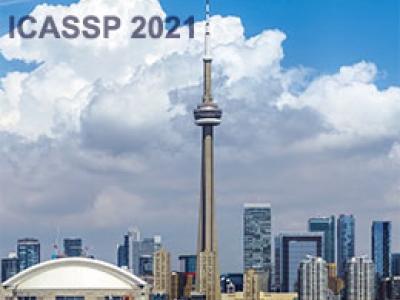
- Read more about FPGA HARDWARE DESIGN FOR PLENOPTIC 3D IMAGE PROCESSING ALGORITHM TARGETING A MOBILE APPLICATION
- Log in to post comments
- Categories:
 15 Views
15 Views
- Read more about FPGA HARDWARE DESIGN FOR PLENOPTIC 3D IMAGE PROCESSING ALGORITHM TARGETING A MOBILE APPLICATION
- Log in to post comments
- Categories:
 22 Views
22 Views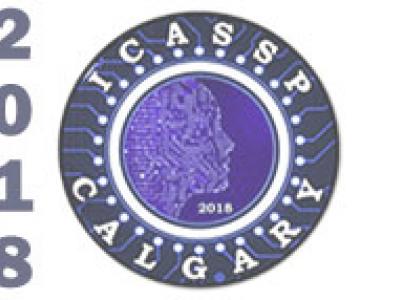
- Read more about REDUCED-COMPLEXITY TRELLIS MIN-MAX DECODER FOR NON-BINARY LPDC CODES
- Log in to post comments
- Categories:
 2 Views
2 Views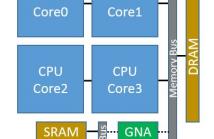
- Read more about Implementation of Efficient, Low Power Deep Neural Networks on Next-Generation Intel Client Platforms
- Log in to post comments
ICASSP 2017 Demonstration
PosterFinal.pdf
- Categories:
 575 Views
575 Views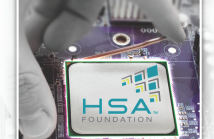
- Read more about Multicore Digital Signal Processor for Heterogeneous Systems Era
- Log in to post comments
Heterogeneous processing represents the future of computing, promising to unlock the performance and power efficiency of the parallel computing engines found in most modern electronic devices. This talk will detail the HSA computing platform infrastructure including features/advantages across computing platforms from mobile and tablets to desktops to HPC and servers. The talk will focus on technical issues mapping DSPs to HSA systems using GPT's new DSP processor as a representative example.
- Categories:
 29 Views
29 Views